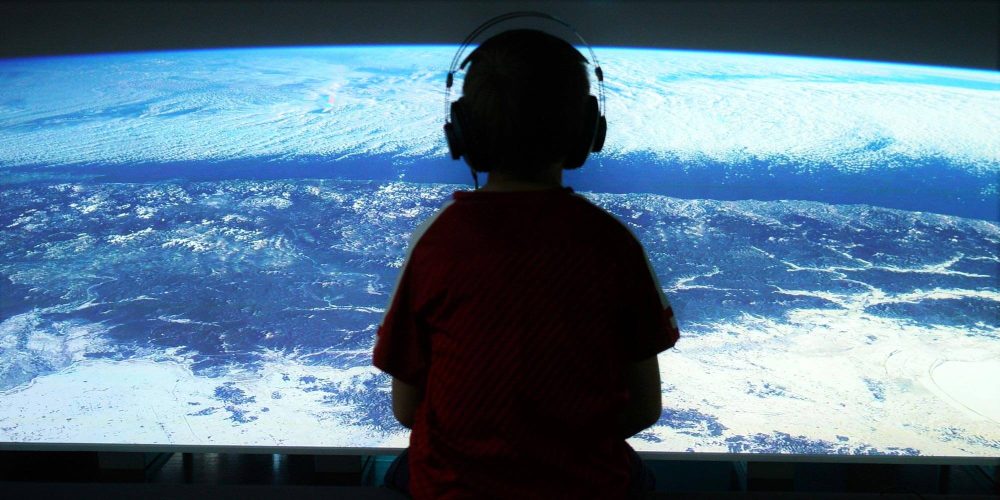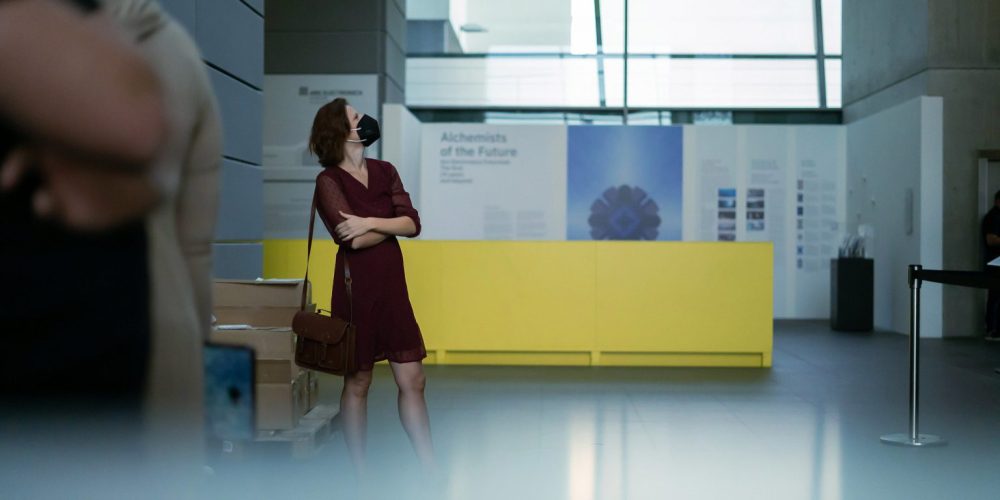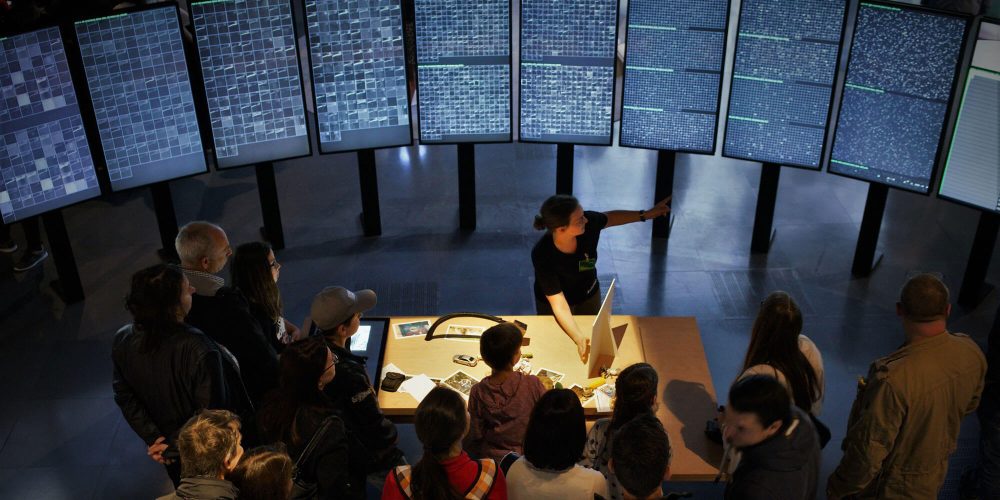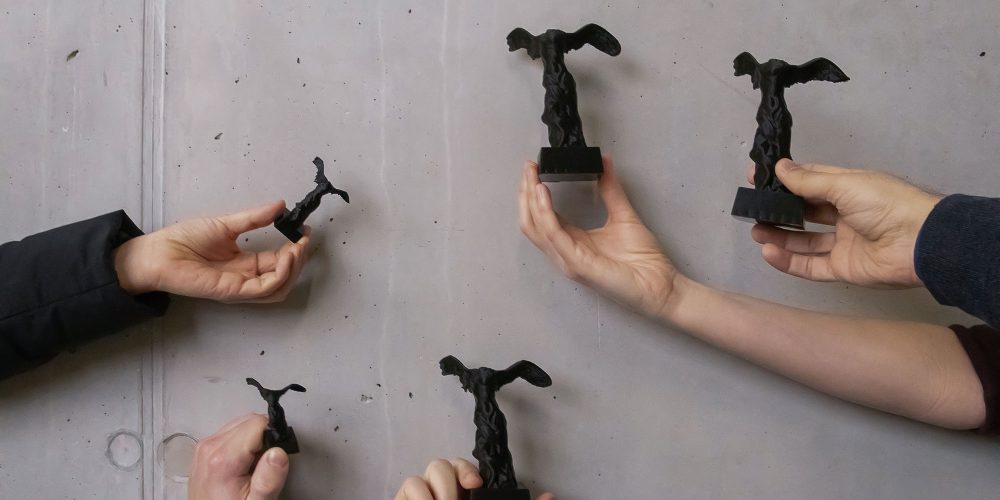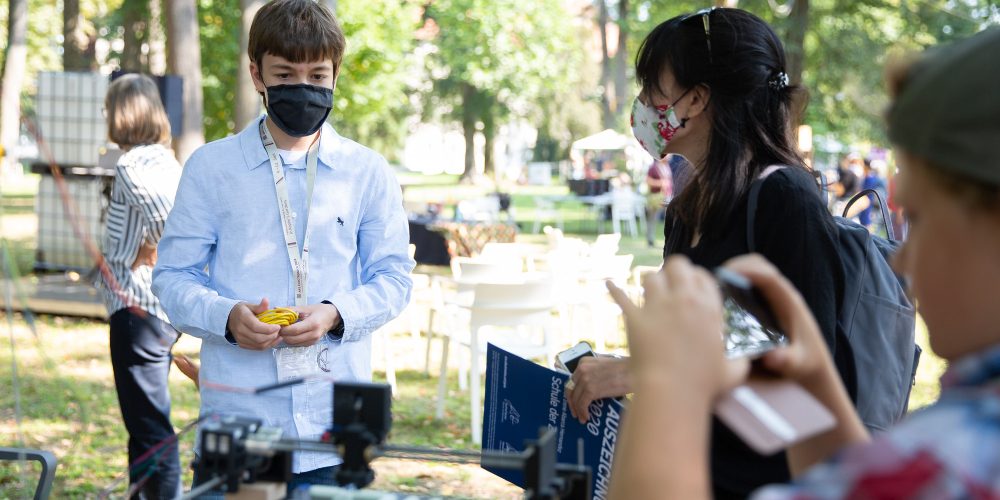
Artificial Intelligence
-
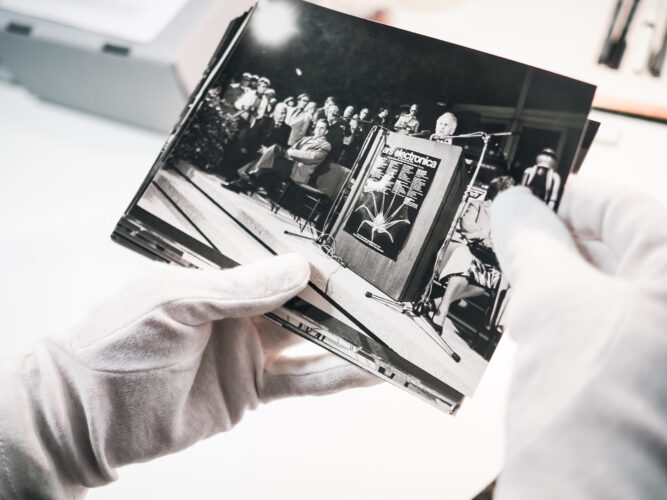
How the Ars Electronica Archive Reflects the Development of Artificial Intelligence
What do an archive of media art and the history of AI have in common? And can these histories perhaps be intertwined in order to gain a better insight into what has fascinated and preoccupied people at different times with the idea of “artificial intelligence”?
-
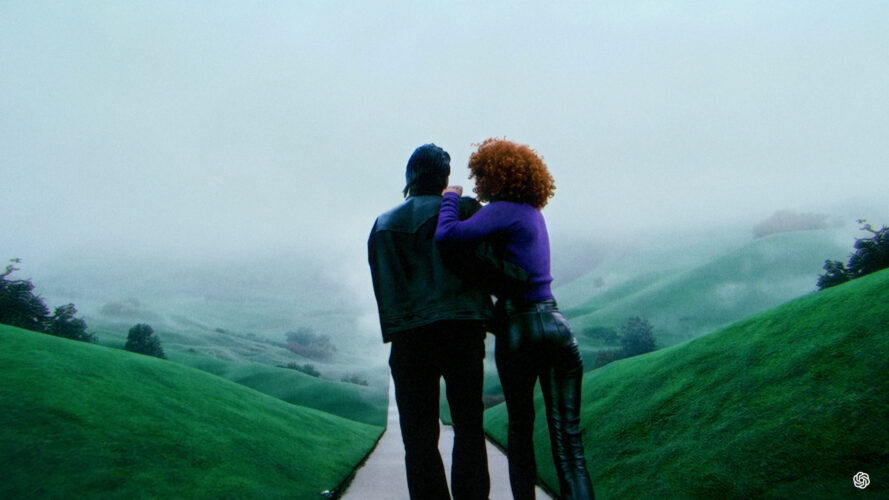
A Fall Down Memory Lane
A trip and a fall down memory lane, tracking the relationship of a couple from middle school into the afterlife. “The Hardest Part” is the winner of the AI in Art Award 2024.
-
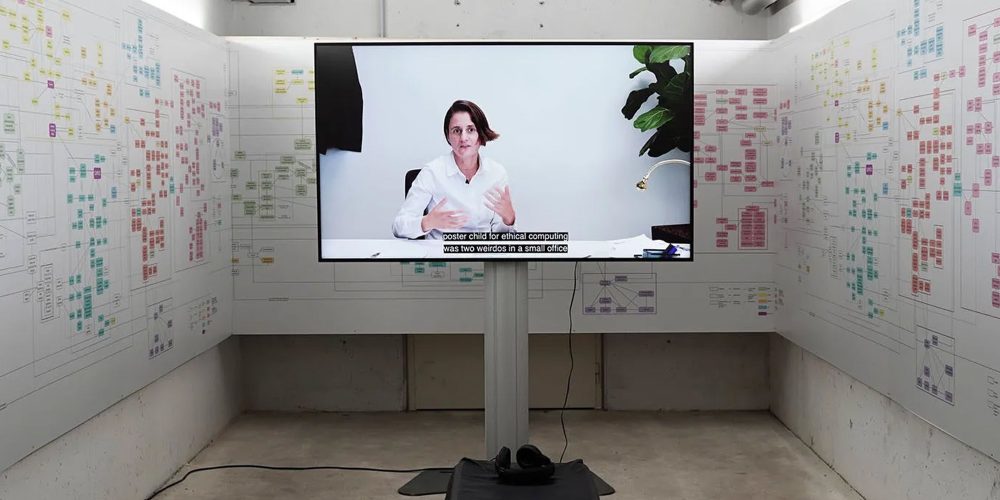
This was the third ArtScience Residency enabled by Art Collection Deutsche Telekom
We look back to one more year of the ArtScience Residency that was made possible through the support of the Art Collection Deutsche Telekom.
-
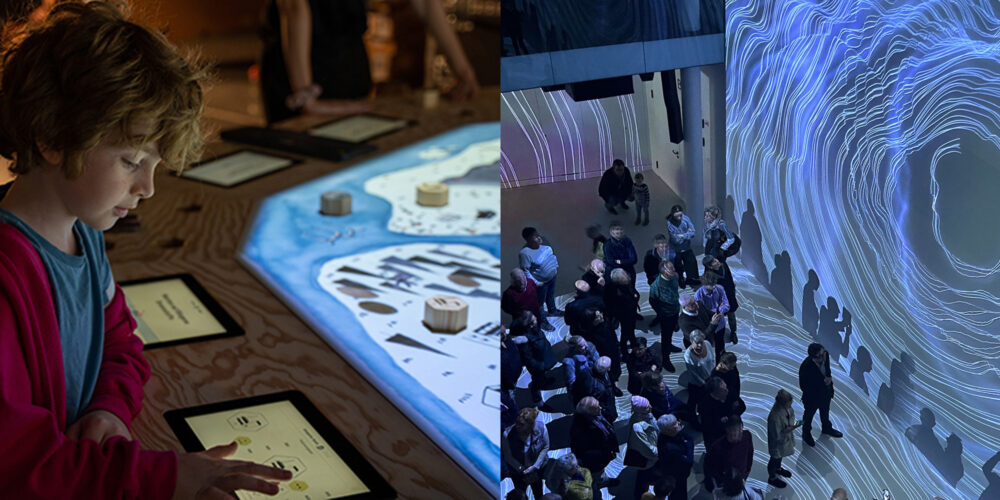
Two projects, one signature
NAWAREUM – Sustainability Museum and Multimedia room in the hotel DAS MORGEN
-
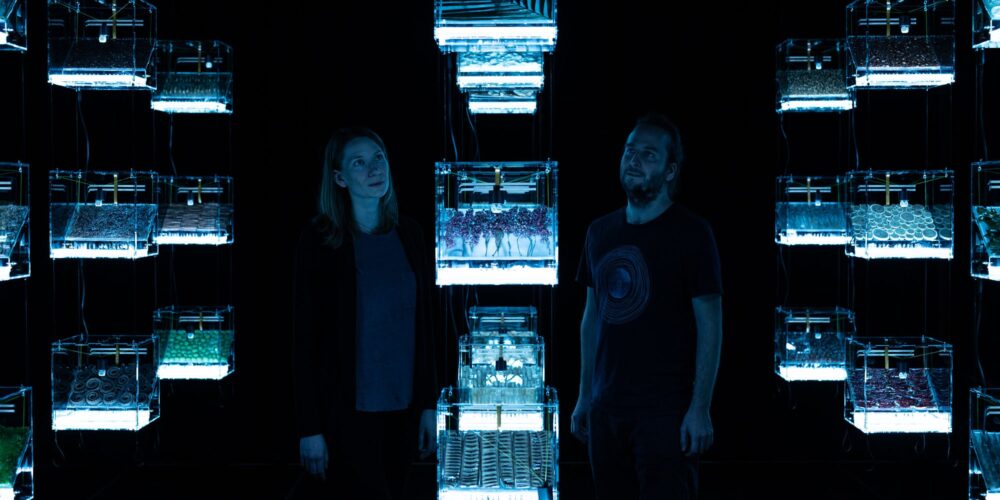
From OpenAI to AI Regulation
Artificial intelligence and ChatGPT are part of the question “Who owns the truth?” that this year’s Ars Electronica Festival is addressing.
-
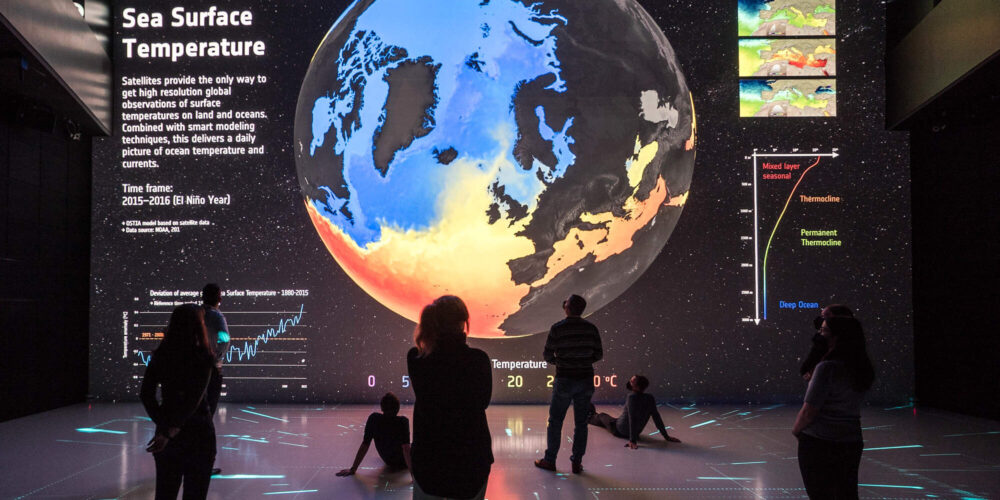
Dawning of a New Era: Nature, Technology and the Shaping of Our Future
This year, the Ars Electronica Festival is addressing questions about nature and the concept of ownership in addition to the question “Who owns the truth?”
-
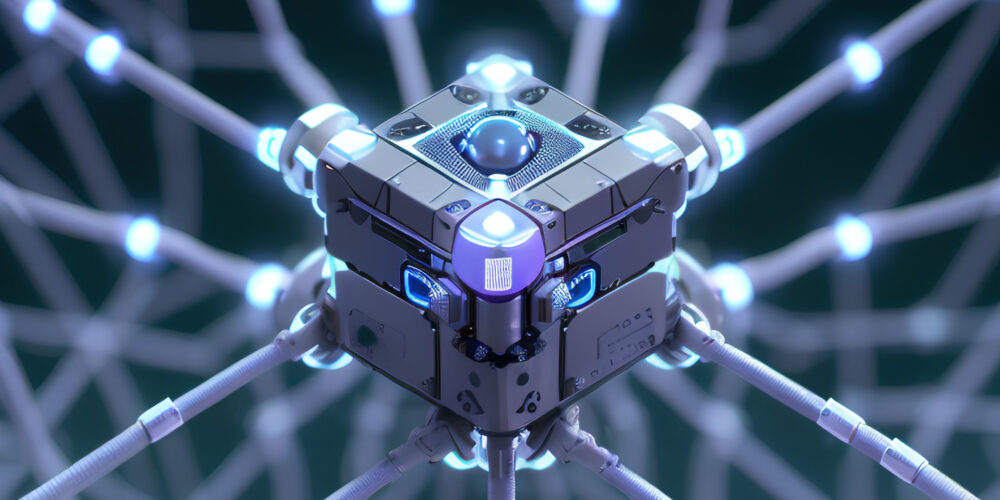
ChatGPT: An Interview with an Artificial Intelligence
From May 11, 2023, you can get a feel for ChatGPT in our newly adapted main exhibition “Understanding AI”. We tried it out and asked the AI a few questions.
-

Fakes, conspiracies & the role of AI systems
In addition to the question “Who Owns the Truth?”, this year’s Ars Electronica Festival also deals with topics such as fake news, manipulated reporting and AI systems
-
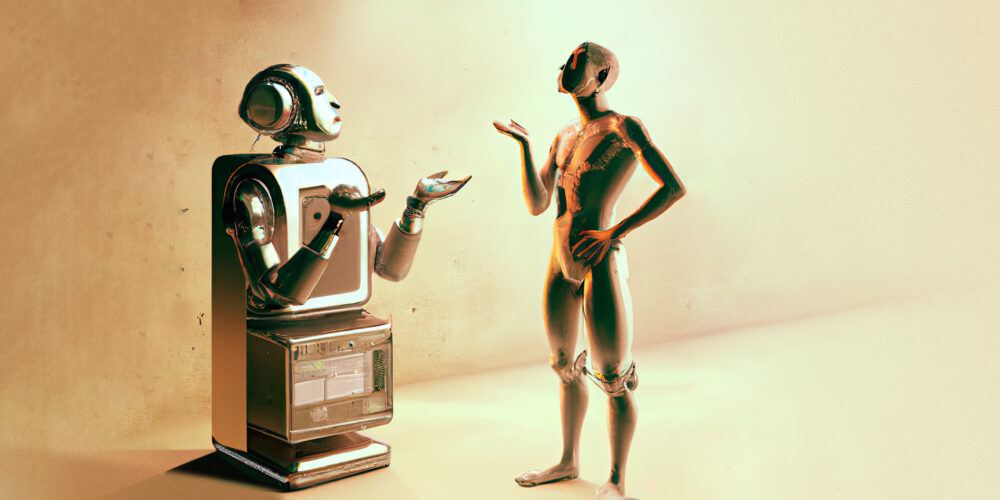
Ars Electronica 2023 is asking: Who Owns the Truth?
Ownership and truth in the age of artificial intelligence – the Ars Electronica Festival 2023 will explore this spectrum of topics and the questions they raise.
-
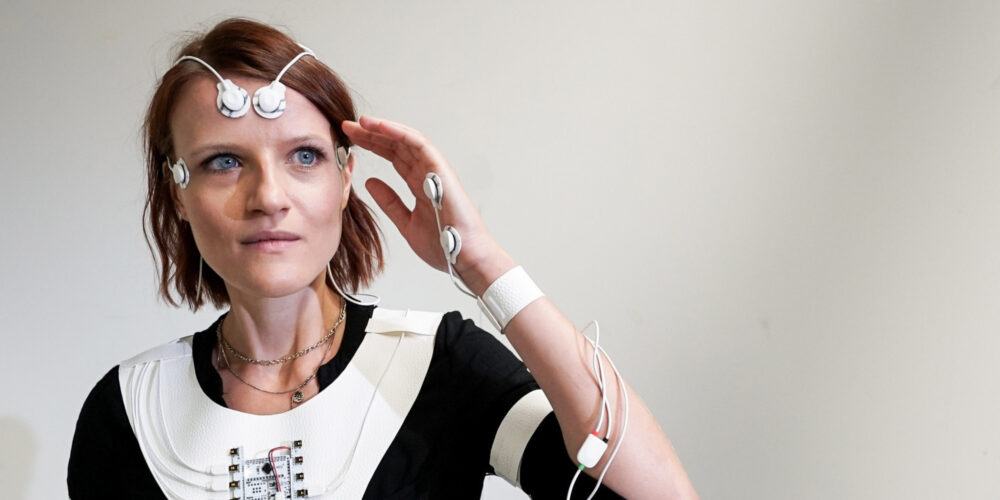
Compass reloaded! Navigating the Future
On Thursday, May 11, 2023, we will open the new exhibition “Compass reloaded! Navigating the Future” at the Ars Electronica Center!
-
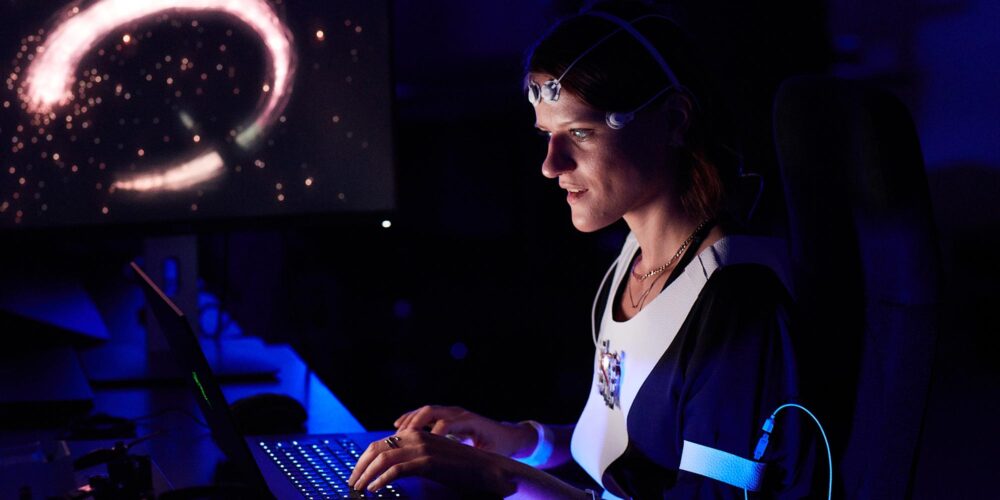
That’s why we are so fascinated by technology
We experiment, develop and tell stories with technology. The first part of Ars Electronica’s 2022 Year in Review shows how.
-
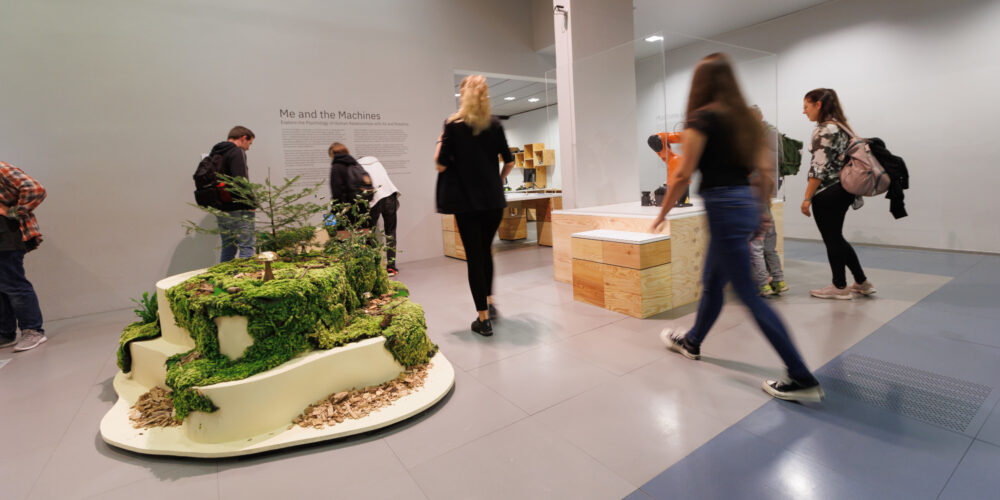
Me and the Machines
Since September, the new exhibition “Me and the Machines” has been awaiting you at the Ars Electroncia Center.
-
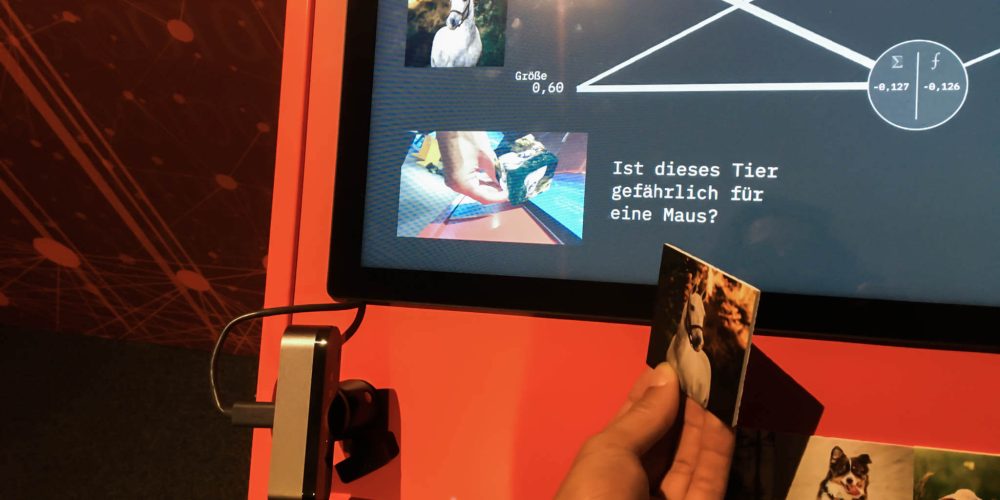
Mission AI – Experience. Understand. Co-create.
Hardly any other technology currently leaves us as perplexed as artificial intelligence. The exhibition “Mission AI” at the Deutsches Museum Bonn now also conveys a deep understanding.
-
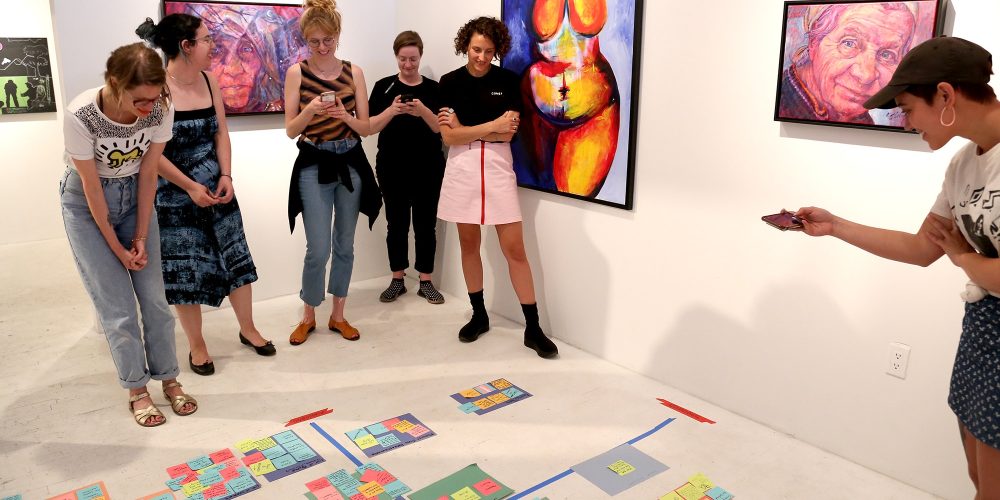
Is this a man’s world? Acknowledging gender bias in AI
Artificial Intelligence is fast becoming a major driving force of the rapidly accelerating digital transformation. Therefore, we have the responsibility to confront and question the gender biases inherent in AI models and seek ways to mitigate them.
-
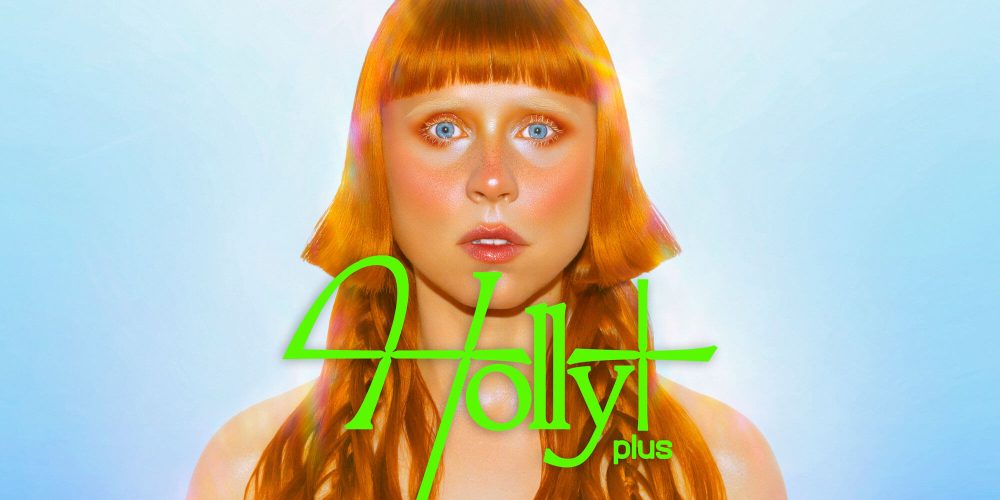
Holly+: Come and sing like Holly Herndon!
“It takes a village to create something special” and Holly Herndon and her team have succeeded in doing just that. In the interview, she presents her machine learning project in more detail, for which she has now received the European Commission’s STARTS Prize 2022.
-
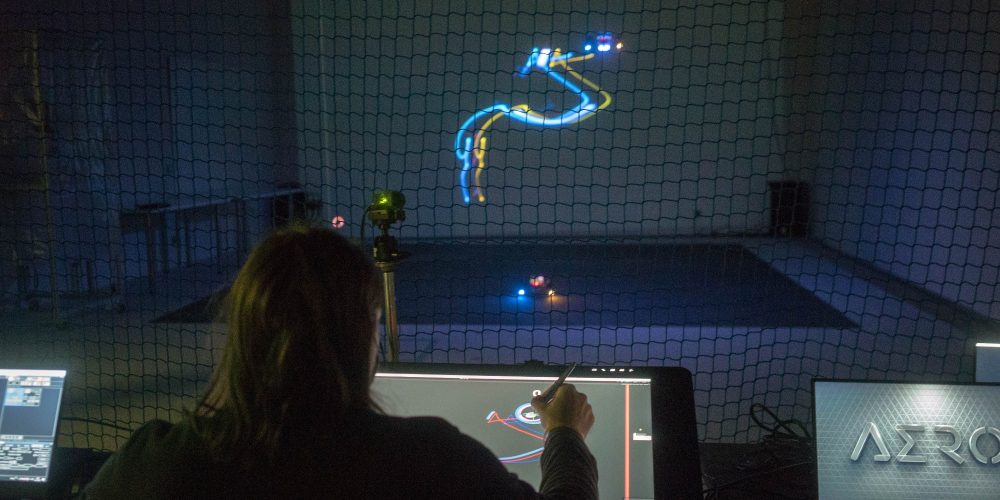
New technologies as part of law studies
Law students rarely deal with new technologies – that’s what the Future Thinking School and the JKU want to change.
-
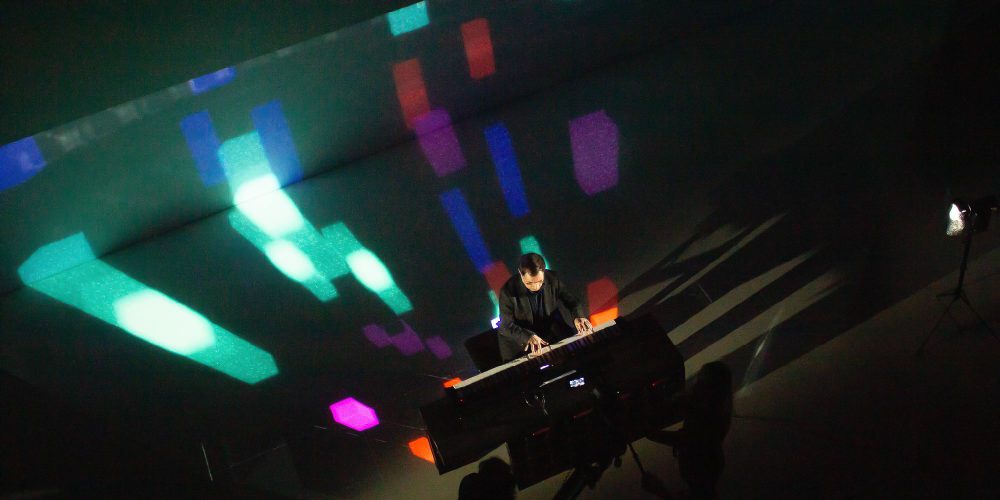
Sounding Letters – AI and human intelligence in concert
There have been many attempts to express music in words. But what happens when you transform a sequence of letters into music with the help of Artificial Intelligence?
-
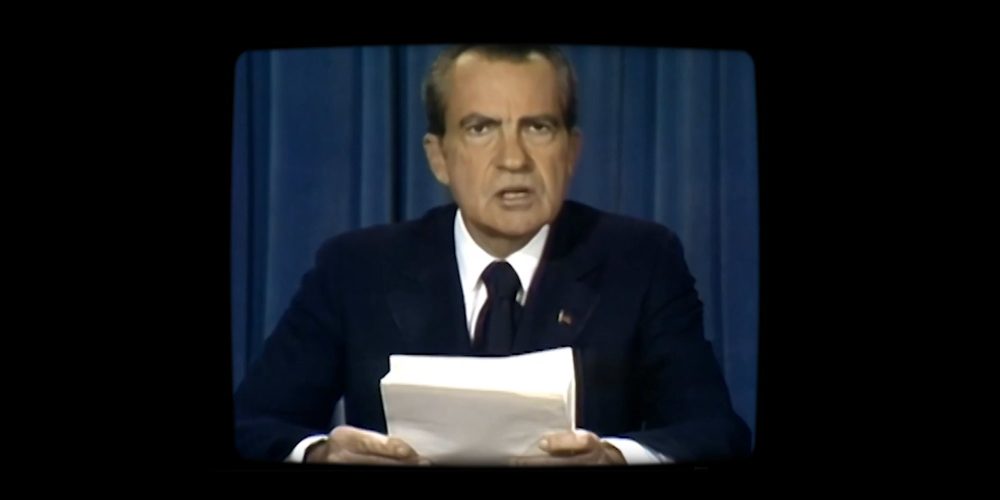
Deepfake: When the Moon Landing failed
Halsey Burgundy and Francesca Panetta discovered the prepared speech for U.S. President Nixon in the archives and recreated it in a deceptively realistic way.
-
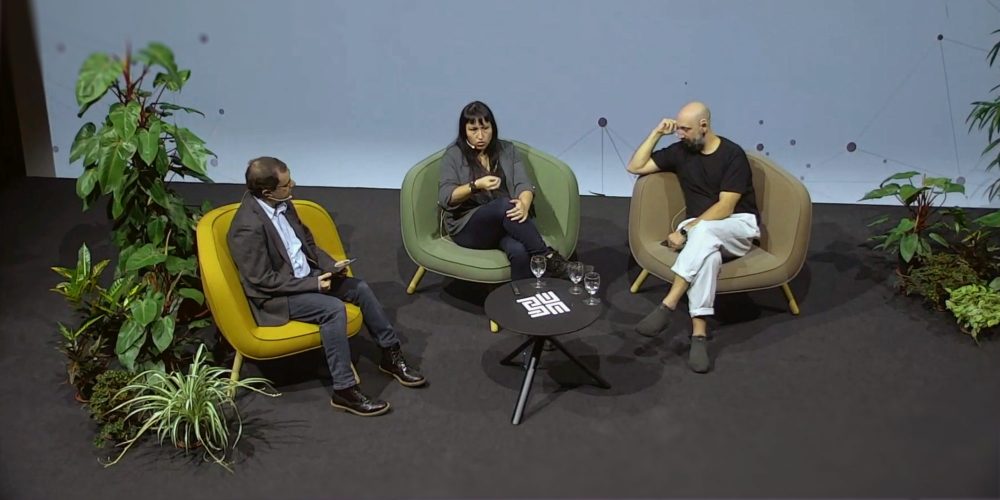
When Artists make use of Artificial Intelligence
The powerful tool “artificial intelligence” is increasingly finding its way into media art. Three artists talk about how they use AI and where they see their role as artists.
-
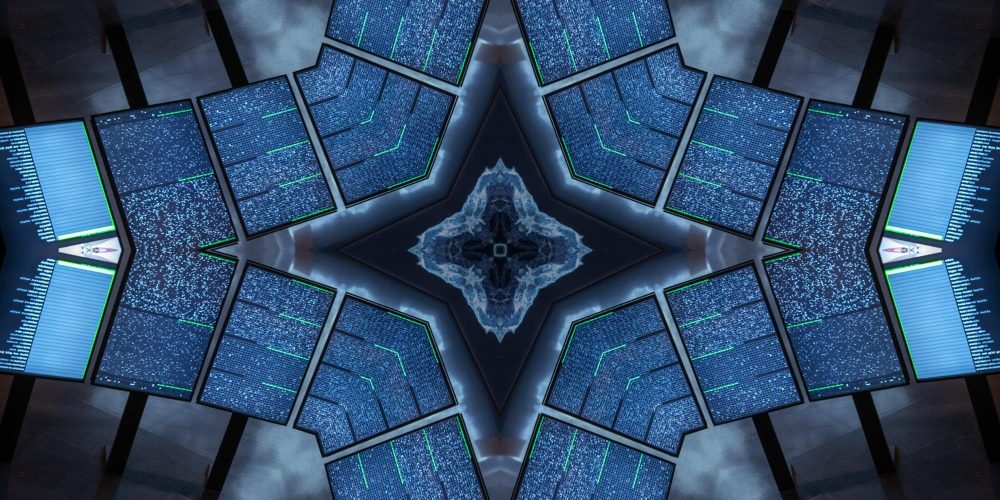
Creative (Artificial) Intelligence
What differentiates analog from digitally generated work?
-
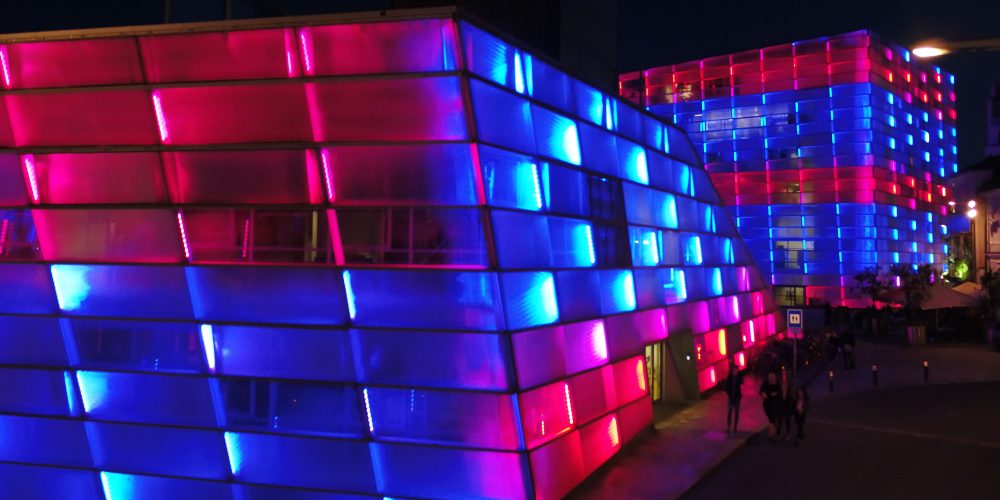
Directors Talk – 25 years Ars Electronica Futurelab and beyond
We all shape future – constantly. In the process, we are confronted with major challenges, from the climate crisis to digital transformation.
-
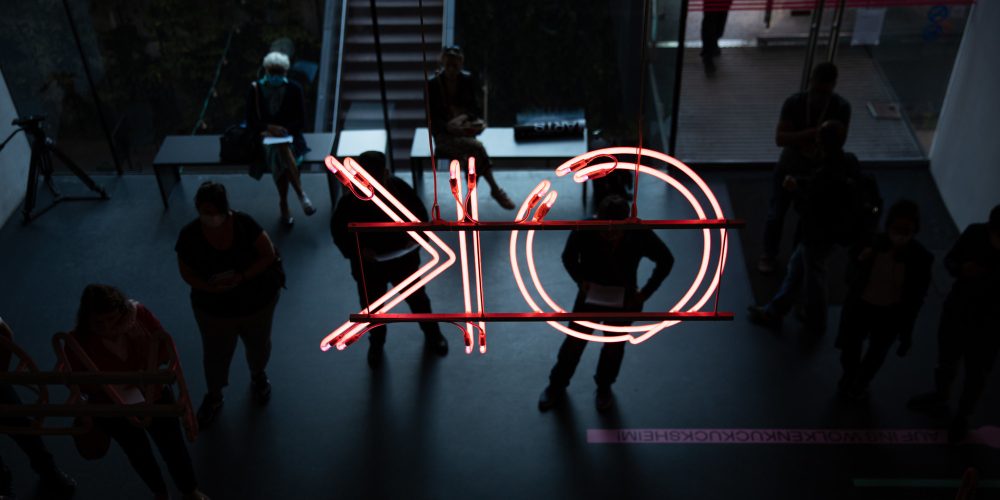
At the Pulse of Time
In 1987, the Prix Ars Electronica, one of the world’s most important competitions for media art, was launched. Every year at the Ars Electronica Festival, the best works can be admired in the CyberArts exhibition. This year, again.
-
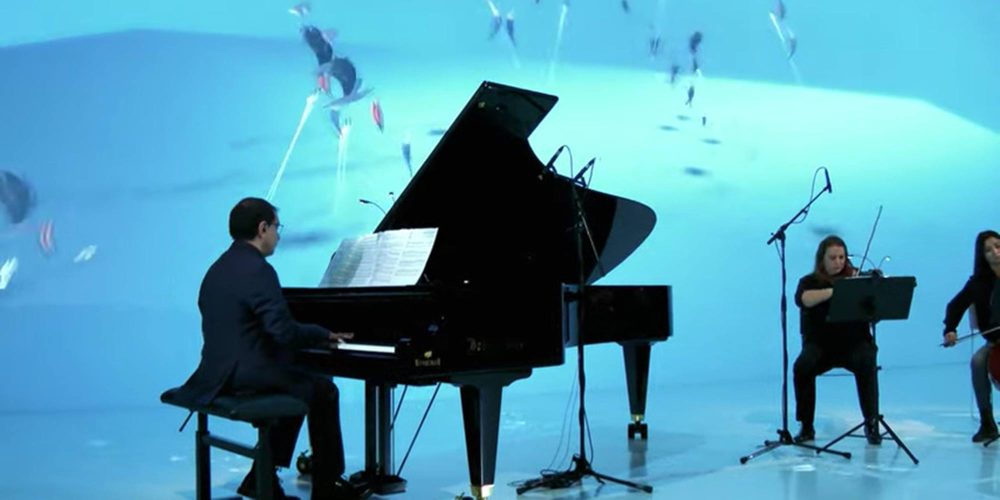
Classical Music: Composed by AI, Played by Humans
It sounds paradoxical, but what would happen if artificial intelligence writes the notes for us and we only take on the role of musicians?
